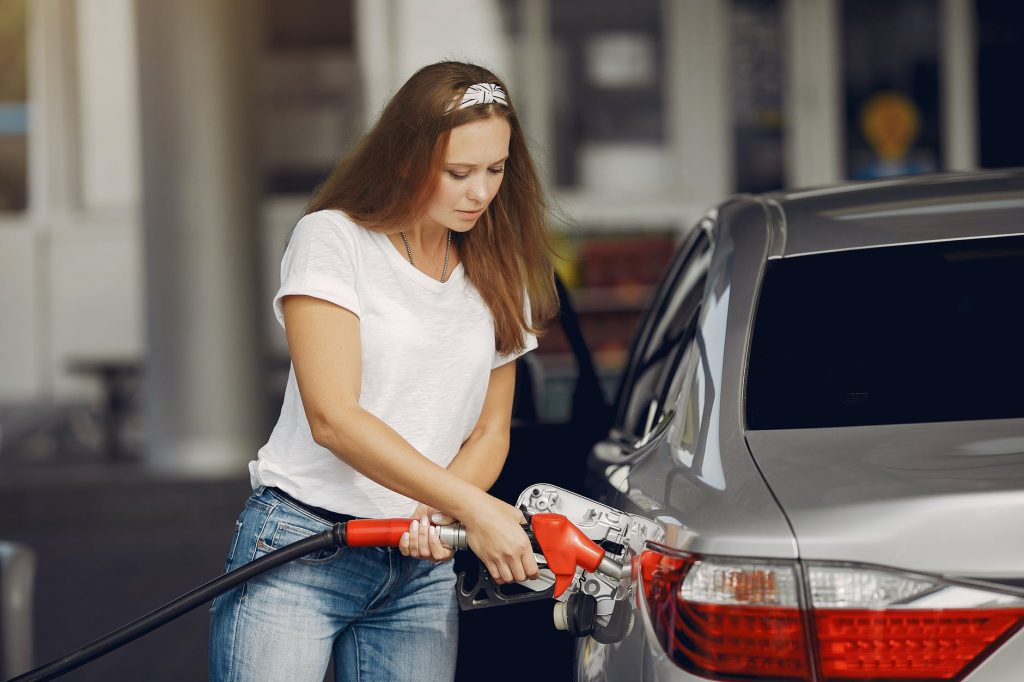
Oasis vs Blur. Man United vs Man City. Pineapple vs Pizza. Some of the biggest conflicts in human history, we think you’ll agree.
But what about the slightly more day-to-day question – petrol or diesel? Which fuel should you choose for your next car?
The first step when looking for a new car is shifting your old one. You’ll get a better deal if you know what your current car is worth, so checking online is a good place to start such as Parkers valuations.
Below, we highlight the pros and cons of petrol and diesel. We should state here that sales of new petrol and diesel cars will be banned by 2030 in a bid towards a net-zero carbon goal.
Diesel pros
- Better MPG – meaning fewer trips to the pumps, and some potential for money saving.
- Lower CO2 emissions – this is particularly important to company car drivers as BIK (Benefit in Kind) is related to CO2 emissions.
- Lots of low down torque – because of modern turbocharging, most new diesel vehicles will feel pretty nippy from low RPM. This makes overtaking on the motorway very easy with minimal fuss.
Diesel cons
- Higher levels of NOx levels. This is a combination of nitric oxide and nitrogen dioxide released from a vehicle’s exhaust after the combustion process, which could affect public health by contributing to high pollution levels, especially in cities.
- Further charges in city centres. From April 2019, London’s Ultra Low Emissions Zone (ULEZ) started charging diesels that don’t meet Euro 6 regulations an extra £12.50 per day, on top of the existing congestion charge.
- Getting ‘clean diesels’ costs money. While car manufacturers absorb much of the development cost, inevitably some gets passed on to consumers, meaning prices rise. One thing has remained constant, though, and that’s the price premium you’ll pay for a new diesel car.
- Short journeys – Diesel engines take longer to warm up than their petrol counterparts, meaning a diesel car undertaking several short journeys is unlikely to match the frugality of a petrol vehicle. Short journeys also clog diesel cars’ Diesel Particulate active Reduction (DPR) system, ultimately needing fixing costing owners money.
Petrol pros
- Lower levels of harmful NOx levels (detailed above).
- Generally cheaper to buy and lease.
- Better for low-mileage drivers and people who rarely go for long drives. No nasty DPR filter to clog up.
- Fun to drive. This is subjective, but if you love revving an engine out to 9,000rpm with a spine-tingling aural sensation diesel isn’t for you.
- Hybrid power – if you’re looking at reducing your emissions further there are more petrol hybrids on offer than diesel hybrids.
Petrol cons
- Not as economical as diesel.
- Small engined petrol-powered cars can feel slower than similar diesel cars when overtaking.
- Shorter distances between fuel stops.
Verdict
The TLDR is that choosing petrol or diesel is largely dependent on your lifestyle.
As a broad guide, the tipping point at which diesel engines begin to make financial sense is in the region of 25,000 miles per year over a three-year period. Much less than that and petrol is the way to go.
It’s an easy choice, isn’t it? If you cover a lot of miles, or value a long range between fuel stops, go diesel. If that’s not so important, choose petrol.